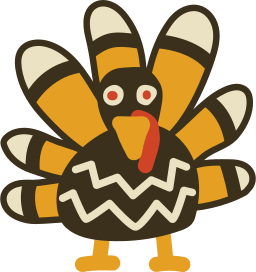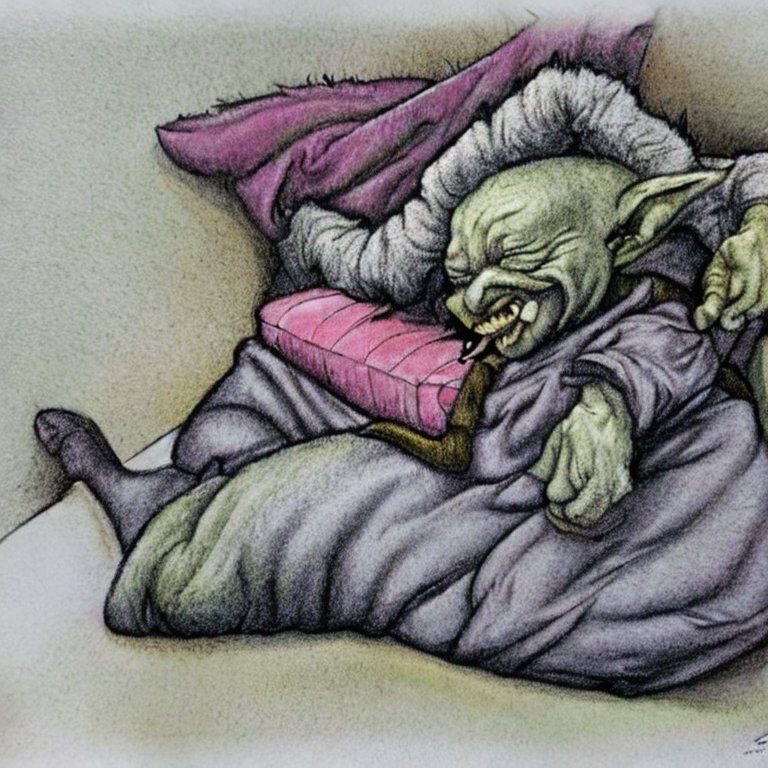Ever heard the expression “cold turkey”, usually after the verb “to quit”? If you did, I guess you stopped and wondered why turkeys are associated with the withdrawal of a substance or other dependence. Oh, and since we’re dealing with those birds, any idea why they’re called like a country? Let’s dig deeper and try to shed some light.
Rephrase any text with Ludwig Rephrase any text in a variety of ways. Enter your text in the input box, and wait a few seconds for our AI to astonish you with a number of different paraphrase options to choose from.
Meaning
Quitting something cold turkey refers to the sudden and complete withdrawal of a dependent substance, especially of a drug, or the physiological effects of such a withdrawal. However, this saying can also be used more light-heartedly, when you’re talking about other things or practices which may cause dependence (doom scrolling, for instance, or junk food). When used as an adverb it means “not gradually”, “all at once”. It refers especially to quitting a habit by force of will rather than by a gradual reduction.

I was in deep trouble, but I did what I always do," he says, still giggling. "I didn't seek help. I just closed the door and came off myself. Pure cold turkey.
Cold turkey with Naltrexone implants? "I was actually begging Tom [Bruggen, Ryder associate and film-maker] to punch me and knock me flat out, because I knew that was the only way to get some respite from it."
I had a choice. Either I keep taking my medication and don't turn professional as a runner – or go cold turkey. I went cold turkey.

Origin
The first appearance of this idiom dates back to 1921: on the Daily Colonist (British Columbia) you could read that "Perhaps the most pitiful figures who have appeared before Dr. Carleton Simon [...] are those who voluntarily surrender themselves. When they go before him, that are given what is called the 'cold turkey treatment’. Ok, but why is withdrawal related to turkeys? And why not just a regular turkey, but a cold one? Well, there are many theories about this: according to the most popular one, which appeared also on the San Francisco Chronicle in 1978, ‘cold turkey’ is a mix of goose pimples and the ‘cold burn’ that addicts get as they kick the habit.
Another theory has it that the expression comes from a comparison between the cold sweat you experience when you’re on a withdrawal and the skin of a refrigerated turkey. However, both theories came up late, whereas we know ‘cold turkey’ was used even before it was applied to drug addicts. In 1920, ‘cold turkey’ meant ‘completely losing something’, and it came from ‘talk turkey’ or ‘talk cold turkey’, to be brutally honest. Its origin? Sorry, it’s just as elusive as ‘cold turkey’: it might date back to the trading of fowl between Native Americans and the colonists. Since talking turkey meant speaking frankly, directly, to quit something cold turkey might then mean stop doing something with equal directness. Moreover, one could argue that cold turkey as a dish doesn’t require much preparation time. So basically, doing anything cold turkey meant doing it straight away and no beating around the bush.
Last but not least, why does a bird share the name of a country? As a non-native speaker, thus less used to English expressions, this always struck me as something really weird: Turkey isn’t exactly a breeding ground for the bird Americans associate with Thanksgiving. In fact, the turkey is native to North America… What's the link between the two, then? Well, apparently the turkey was named after the country because it resembled another bird, guinea fowl, nicknamed turkey-cock and turkey-hen, which was imported through the Turkish region. Turks, however, do not call turkey turkey. The Turks called it a hindi, because they thought the bird was probably Indian. And what is the bird called in India? It might be hindi in Turkey, but in Hindi it’s "ṭarki". I know, I know, you’re getting a headache now…

Ludwig’s wrap-up
If you quit something cold turkey you suddenly stop using a substance, especially a drug or any other thing which may cause dependence. It refers especially to quitting a habit by force of will and very abruptly. Why is this expression related to turkey? ‘Cold turkey’ meant ‘totally losing something’, and it probably came from ‘talk turkey’ or ‘talk cold turkey’, to be brutally honest. Since talking turkey meant speaking frankly, directly, to quit something cold turkey might then mean stop doing something with equal directness.Why is Meleagris gallopavo called like the Republic of Turkey? Because it looks much alike another bird, the guinea fowl, nicknamed turkey-cock and turkey-hen, which was imported through the Turkish region. Turks had a totally different word for it: for them the fowl is named hindi, maybe because they thought the bird came from there. And, to close the cycle, in Hindi turkeys are called ṭarki. Sorry, it's not my fault…






